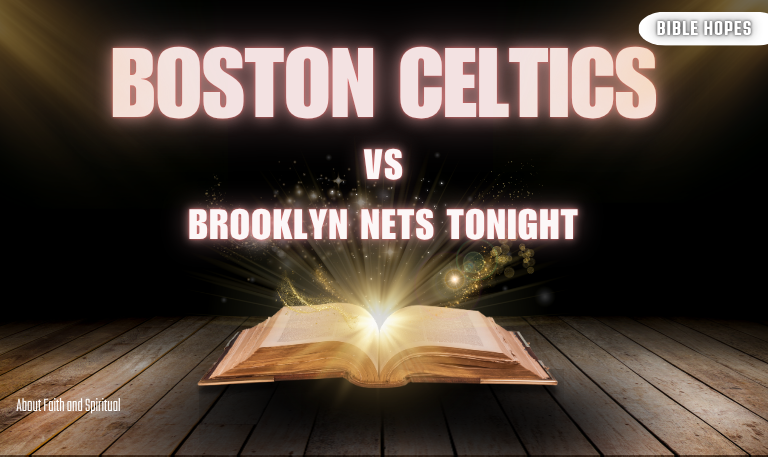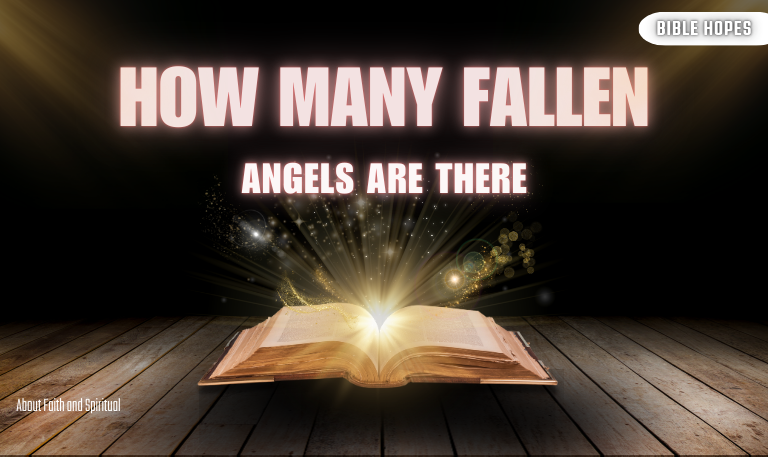When exploring Christianity, two of the largest and most influential traditions are Catholicism and Baptist Christianity. Though both share a foundation in Christian faith, their beliefs, practices, and histories differ significantly. This comprehensive guide dives deep into the Catholic vs Baptist debate—covering everything from theology and worship to church structure and sacraments.
Whether you’re a seeker, student, or simply curious about these two branches of Christianity, this article offers an authoritative comparison to help you understand their distinctions and commonalities.
Origins and History
The Catholic Church: Ancient Roots
The Catholic Church traces its origins directly to the apostles, especially Peter, whom Catholics regard as the first Pope. Rooted in early Christianity, the Church has been an influential religious, cultural, and political force for over two millennia. It regards itself as the one holy catholic and apostolic Church founded by Jesus Christ.
The Baptist Movement: Reformation and Beyond
In contrast, the Baptist tradition emerged much later, around the early 17th century, within the Protestant Reformation context. Baptists emphasized believer’s baptism and the authority of Scripture alone (sola scriptura), distancing themselves from perceived Catholic traditions.
Read Also: How Old Would Jesus Be Today
| Aspect | Catholic Church | Baptist Movement |
|---|---|---|
| Founded | 1st century AD | Early 1600s |
| Founder | Jesus Christ / Apostle Peter | No single founder; Reformation era groups |
| Origins | Early Christian Church | Protestant Reformation |
| Key Historical Event | Council of Nicaea (325 AD), Great Schism (1054 AD) | English Separatists and Anabaptists influence |
While both are Christian and share faith in Jesus Christ, their theological emphases diverge.
Catholic Core Beliefs
Faith and good works both contribute to salvation.
Authority is given to Scripture and Church Tradition.
Seven sacraments are means of grace.
The Pope is the spiritual leader.
Salvation involves faith, sacraments, and participation in the Church.
Baptist Core Beliefs
Salvation is by faith alone (sola fide).
Scripture alone (sola scriptura) is authoritative.
Two ordinances: Baptism and Lord’s Supper, symbolic acts.
Baptism is reserved for believers who confess faith.
Local church autonomy is emphasized over centralized authority.
Authority and Scripture
Catholic View
The Catholic Church holds both the Bible and Sacred Tradition as authoritative. The Magisterium (teaching authority of the Church) interprets Scripture and Tradition to guide doctrine. The Pope, as the successor of Peter, is regarded as the highest earthly authority.
Baptist View
Baptists emphasize Scripture alone as the final authority. Church tradition or human authority cannot override clear biblical teaching. Each congregation governs itself without hierarchical authority.
Sacraments and Ordinances
| Sacrament/Ordinance | Catholic Understanding | Baptist Understanding |
|---|---|---|
| Baptism | One of seven sacraments, usually infant baptism by sprinkling; a means of grace. | Ordinance, symbolic believer’s baptism by full immersion after confession of faith. |
| Eucharist/Communion | Transubstantiation: bread and wine become body and blood of Christ. | Symbolic remembrance of Christ’s sacrifice. |
| Confirmation | Sacrament confirming grace received at baptism. | Not practiced as a sacrament. |
| Confession | Sacrament of reconciliation through a priest. | Confession is direct to God; no priestly intermediary. |
Worship Practices
Catholic worship is liturgical, structured around the Mass—a formal, sacramental service including readings, prayers, Eucharist, and rituals. The use of incense, vestments, statues, and liturgical calendars are common.
Baptist worship tends to be simpler and centered on preaching, Bible readings, congregational singing, and prayer. The atmosphere is often informal, focusing on personal faith and communal fellowship.
Church Structure and Governance
| Aspect | Catholic Church | Baptist Churches |
|---|---|---|
| Leadership | Pope → Cardinals → Bishops → Priests | Local pastors and elected elders |
| Governance | Hierarchical and centralized | Congregational and autonomous |
| Decision-making | Top-down with magisterium | Local church decisions by congregation |
View on Mary and the Saints
Catholics venerate Mary as Mother of God, offering prayers for her intercession. Saints are also venerated and seen as intercessors.
Baptists reject the veneration of Mary and saints, believing prayer and worship are directed to God alone.
Role of Tradition and Doctrine
Catholics uphold Sacred Tradition alongside Scripture as pillars of faith, believing that the Holy Spirit guides the Church’s teaching authority. Baptists rely on the Bible alone, with traditions subject to scriptural validation.
Baptism: Infant vs Believer’s Baptism
The most defining difference is in baptism practice.
Catholics practice infant baptism, believing it cleanses original sin and initiates one into the Church.
Baptists perform believer’s baptism—only those old enough to profess faith are baptized, symbolizing personal commitment.
Catholics generally use sprinkling or pouring, while Baptists insist on full immersion as scriptural.
Communion/Eucharist Differences
Catholics believe in transubstantiation, where bread and wine literally become Christ’s body and blood. Baptists view communion as a symbolic act of remembrance of Jesus’ sacrifice.
Salvation and Grace
Catholics teach salvation involves faith, grace, and works, supported by sacraments. Baptists emphasize salvation by faith alone, received through grace without reliance on works.
Confession and Forgiveness
Catholics confess sins to a priest for absolution. Baptists confess sins directly to God without an intermediary.
Heaven, Hell, and Afterlife Beliefs
Catholics include belief in purgatory as a purification stage before heaven.Baptists generally reject purgatory, teaching a direct transition to heaven or hell after death.
Moral and Ethical Teachings
Both uphold traditional Christian ethics but may differ on specific social issues, often shaped by denominational teachings and cultural contexts.
Role of Women and Clergy
Catholics restrict priesthood to men. Baptists vary: some ordain women pastors; others do not, depending on the congregation.
Evangelism and Mission
Catholics have global missionary programs, often through centralized organizations. Baptists emphasize personal evangelism and local church missions.
Interfaith and Ecumenical Relations
Catholics engage in broad ecumenical dialogue. Baptists vary widely in ecumenical openness.
Read Also: Baptist vs Presbyterian
Demographics and Global Presence
Over 1.3 billion Catholics worldwide.
About 100 million Baptists, mostly in the U.S., Africa, and parts of Asia.
Common Misconceptions
Catholics do not worship saints or Mary as gods.
Baptists are not anti-Catholic but differ theologically.
Baptism is not “saving water” for Baptists but a public declaration.
Catholic vs Baptist FAQs
Q: What is the main difference between Catholics and Baptists?
A: Catholics emphasize Church tradition and sacraments, while Baptists prioritize Scripture alone and believer’s baptism.
Q: Do Catholics and Baptists believe in the same Bible?
A: Both use the Bible, but Catholics include additional books (Deuterocanonical), while Baptists use the Protestant canon.
Q: Why do Baptists reject infant baptism?
A: Because they believe baptism should follow a personal confession of faith.
Q: How do Catholic and Baptist worship services differ?
A: Catholics have liturgical Mass with sacraments; Baptists have sermon-focused, informal services.
Q: Is the Pope accepted by Baptists?
A: No, Baptists reject papal authority.
Q: Can Catholics become Baptists and vice versa?
A: Yes, individuals may convert, often undergoing baptism or confirmation accordingly.
Conclusion
Understanding Catholic vs Baptist differences reveals the rich diversity within Christianity. While distinct in theology and practice, both share a commitment to Jesus Christ and the Gospel message. Respectful dialogue and learning promote unity amidst diversity.
![Catholic vs Baptist | Key Differences, Beliefs [2025 Guide] 1 Catholic-vs-Baptist -Key-Differences,-Beliefs-[2025-Guide]](https://biblehopes.com/wp-content/uploads/2025/06/Catholic-vs-Baptist-Key-Differences-Beliefs-2025-Guide.png)


![15 Pink Bible Verses | Discover Meaning, Love [2025 Guide] 5 15-Pink-Bible-Verses-Discover-Meaning,-Love-[2025-Guide]](https://biblehopes.com/wp-content/uploads/2025/05/15-Pink-Bible-Verses-Discover-Meaning-Love-2025-Guide.png)